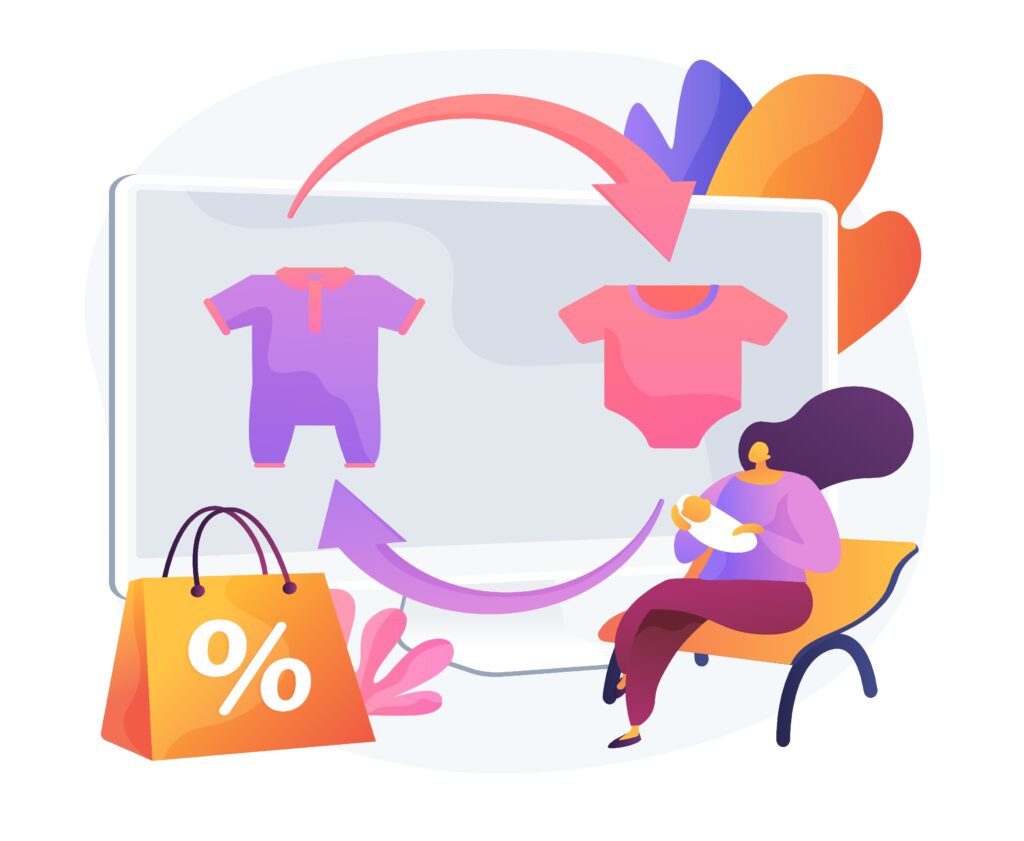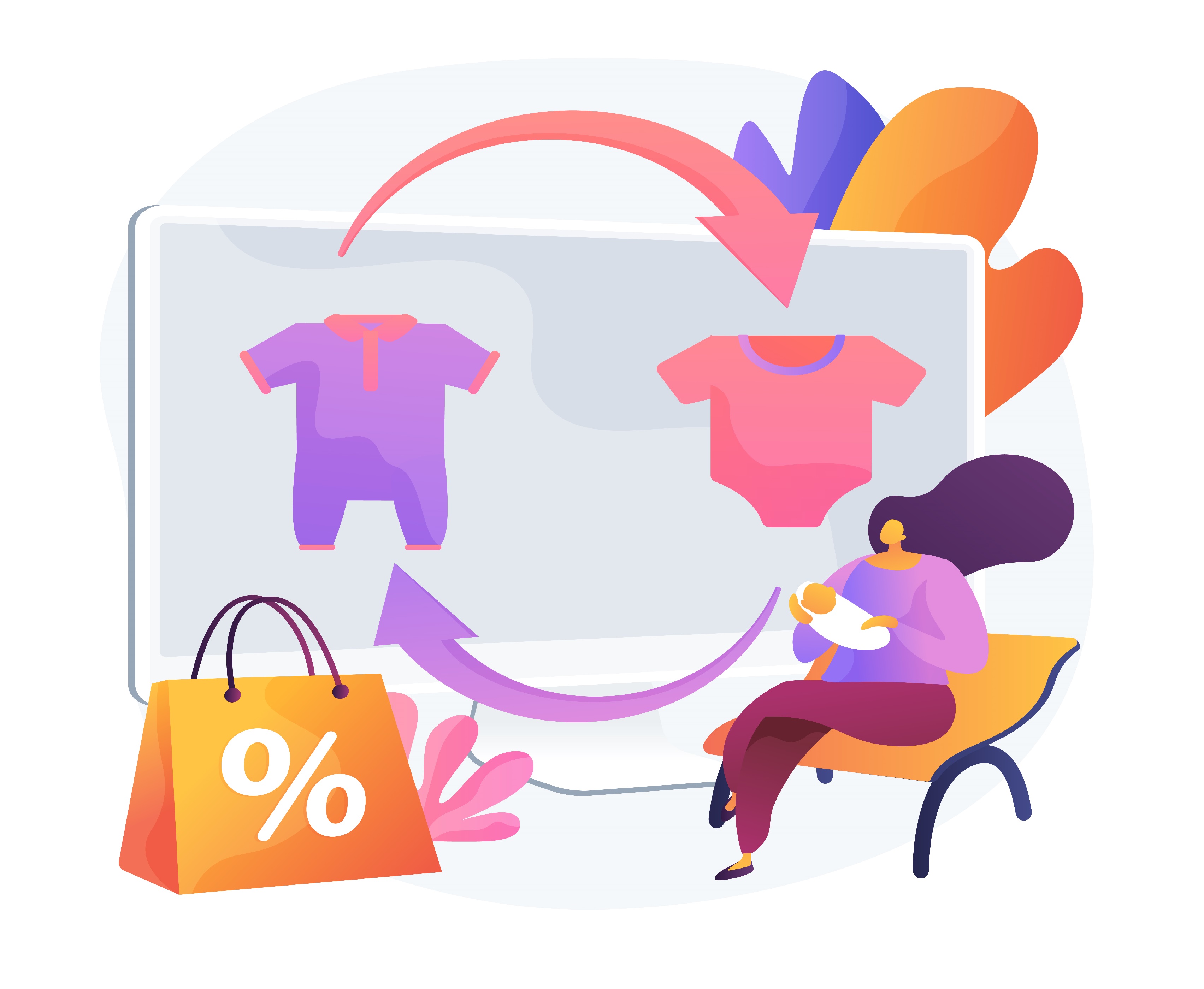As the world rapidly evolves, so do consumer behaviors. The year 2023 has seen significant shifts in how consumers interact with products, services, and brands. From advancements in technology to changing societal values, these factors have played a crucial role in reshaping consumer behavior. Understanding these shifts is vital for businesses seeking to remain relevant and successful in this ever-changing landscape. In this article, we’ll explore the four most prominent consumer behavior shifts of 2023 and the implications they have for businesses.

1. Rise of Sustainable and Ethical Consumerism
One of the most significant consumer behavior shifts of 2023 has been the rise of sustainable and ethical consumerism. With growing awareness of climate change, environmental degradation, and social issues, consumers are becoming more conscious of the impact their choices have on the world.
This shift has led to increased demand for eco-friendly products, ethically-sourced goods, and companies that demonstrate a commitment to social responsibility. Businesses that embrace sustainable practices and transparent ethical policies have gained a competitive advantage. On the other hand, those neglecting these values risk losing market share and damaging their reputation.
To tap into this trend, businesses should integrate sustainability into their core values, adopt eco-friendly practices, and communicate their efforts transparently to their customers.
2. Personalization and Hyper-Targeted Marketing
The digital age has brought forth an abundance of consumer data, and in 2023, personalized marketing has reached new heights. Consumers now expect tailored experiences, whether it’s in product recommendations, advertisements, or customer service interactions. Businesses that can effectively analyze and utilize customer data to deliver personalized experiences will see higher engagement and loyalty.
Hyper-targeted marketing, powered by artificial intelligence and machine learning, enables businesses to reach the right audience with the right message at the right time. This personalization creates a sense of relevance and fosters a deeper connection with consumers.
To leverage this consumer behavior shift, companies must invest in data analytics and customer relationship management tools. Additionally, they should prioritize data privacy and security to earn and maintain consumers’ trust.
3. Seamless Integration of Augmented Reality (AR) and Virtual Reality (VR)
In 2023, augmented reality (AR) and virtual reality (VR) have moved beyond gaming and entertainment, becoming integral parts of the consumer shopping experience. Retailers have recognized the potential of these technologies in bridging the gap between physical and online shopping.
AR allows consumers to virtually try on products before purchasing, such as trying on clothes or visualizing furniture in their homes. VR enables immersive shopping experiences, where consumers can virtually walk through a store and interact with products as if they were physically present.
This consumer behavior shift presents exciting opportunities for businesses to enhance engagement and drive sales. Companies can invest in AR/VR technology to offer interactive experiences, increase consumer confidence in their purchase decisions, and reduce returns due to mismatched expectations.
4. The Influence of Social Media on Purchase Decisions
Social media’s impact on consumer behavior has been steadily growing, and in 2023, it has become a significant driver of purchase decisions. Consumers now turn to social media platforms to research products, read reviews, and seek recommendations from friends and influencers.
As social commerce gains momentum, businesses must maintain an active and engaging social media presence. They should invest in influencer marketing to leverage the trust and authenticity associated with influencers. Moreover, they must pay close attention to customer feedback on social media, responding promptly to queries and concerns.
Brands that effectively harness the power of social media to build relationships and cultivate brand advocates will have a competitive edge over those neglecting this consumer behavior shift.
Conclusion
The year 2023 has witnessed remarkable shifts in consumer behavior, driven by evolving societal values, technological advancements, and a heightened focus on sustainability. As businesses adapt to these changes, they must embrace sustainable and ethical practices, invest in data analytics for personalized marketing, integrate AR/VR to enhance the shopping experience, and leverage social media’s influence on purchase decisions.
By staying attuned to these consumer behavior shifts, companies can position themselves for success in a highly competitive marketplace, fostering brand loyalty and building long-term relationships with their customers. As we move further into the future, staying agile and responsive to changing consumer behaviors will remain the key to sustained growth and prosperity.
Related Articles:
1. 9 Key Consumer Behavior Trends (2023-2026)
2. How Consumer Shopping Behavior Has Changed in 2023
3. The State of Consumer Trends in 2023 [New Data]




